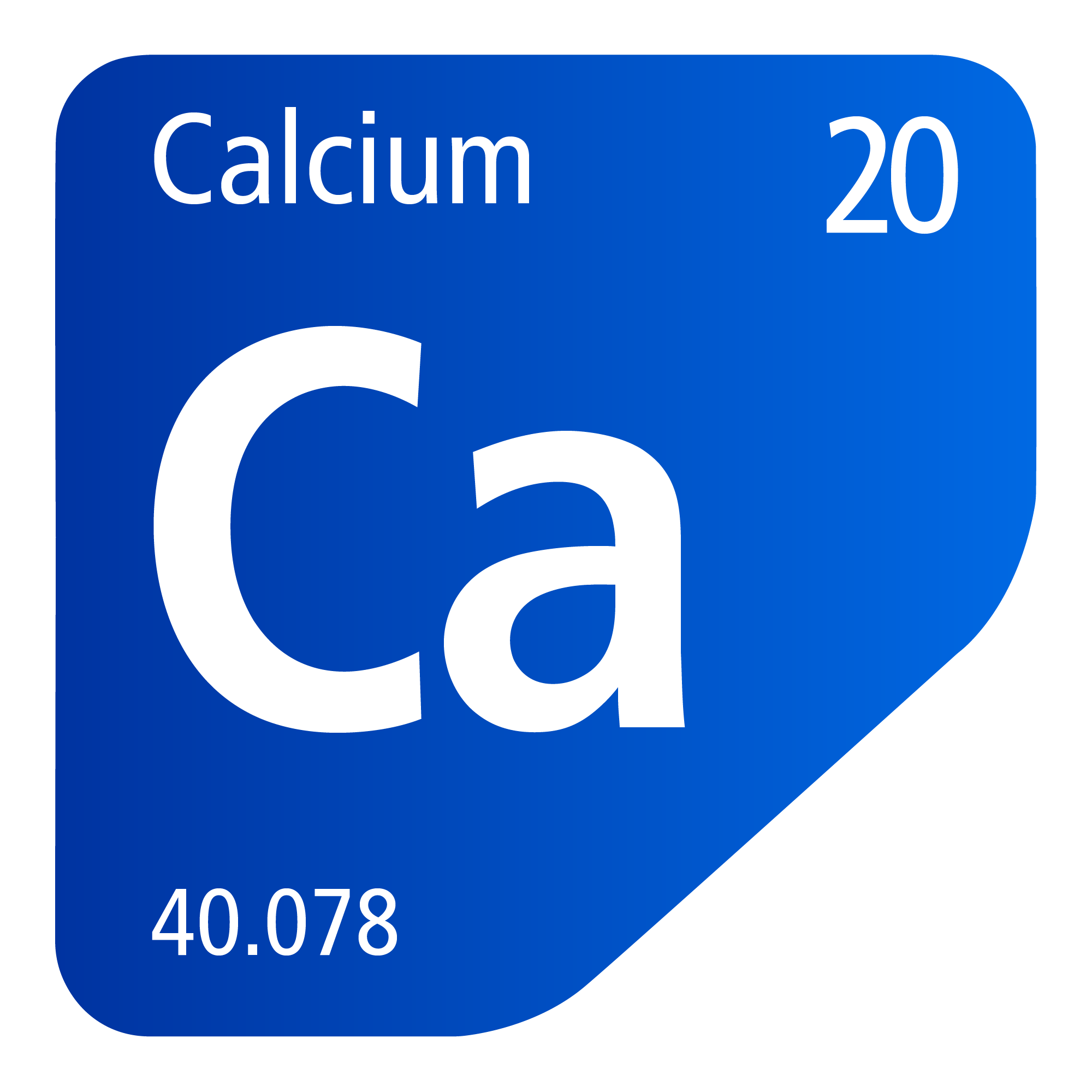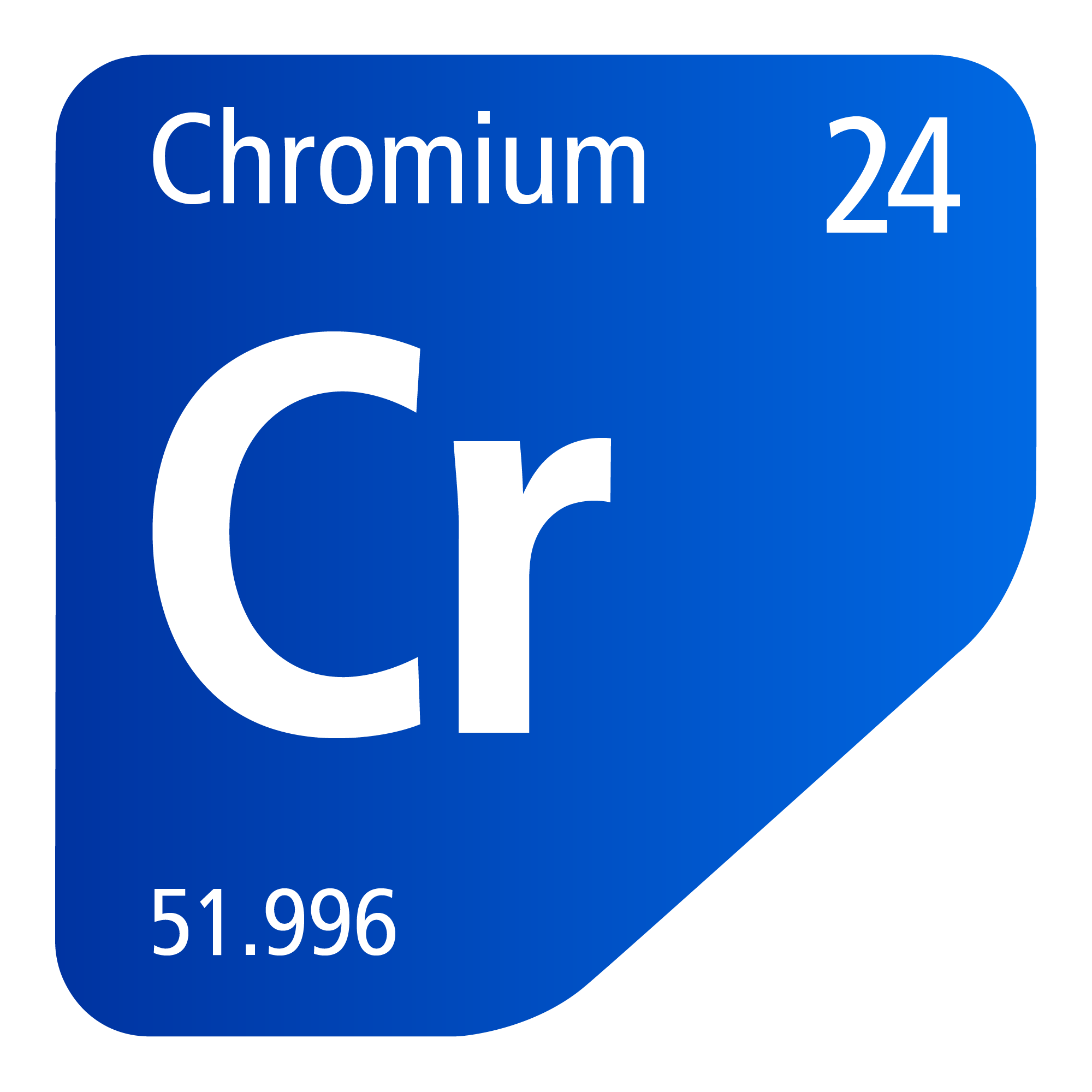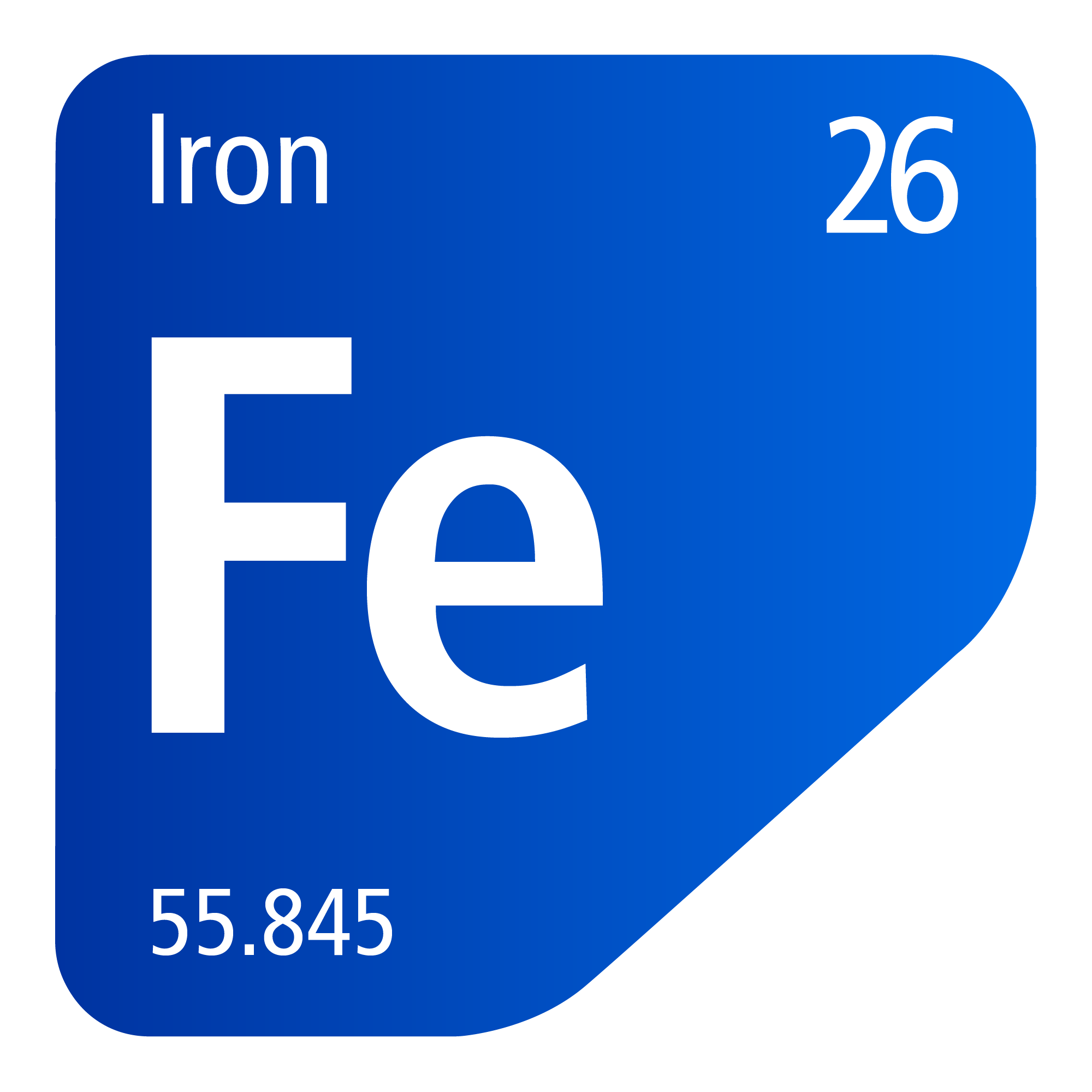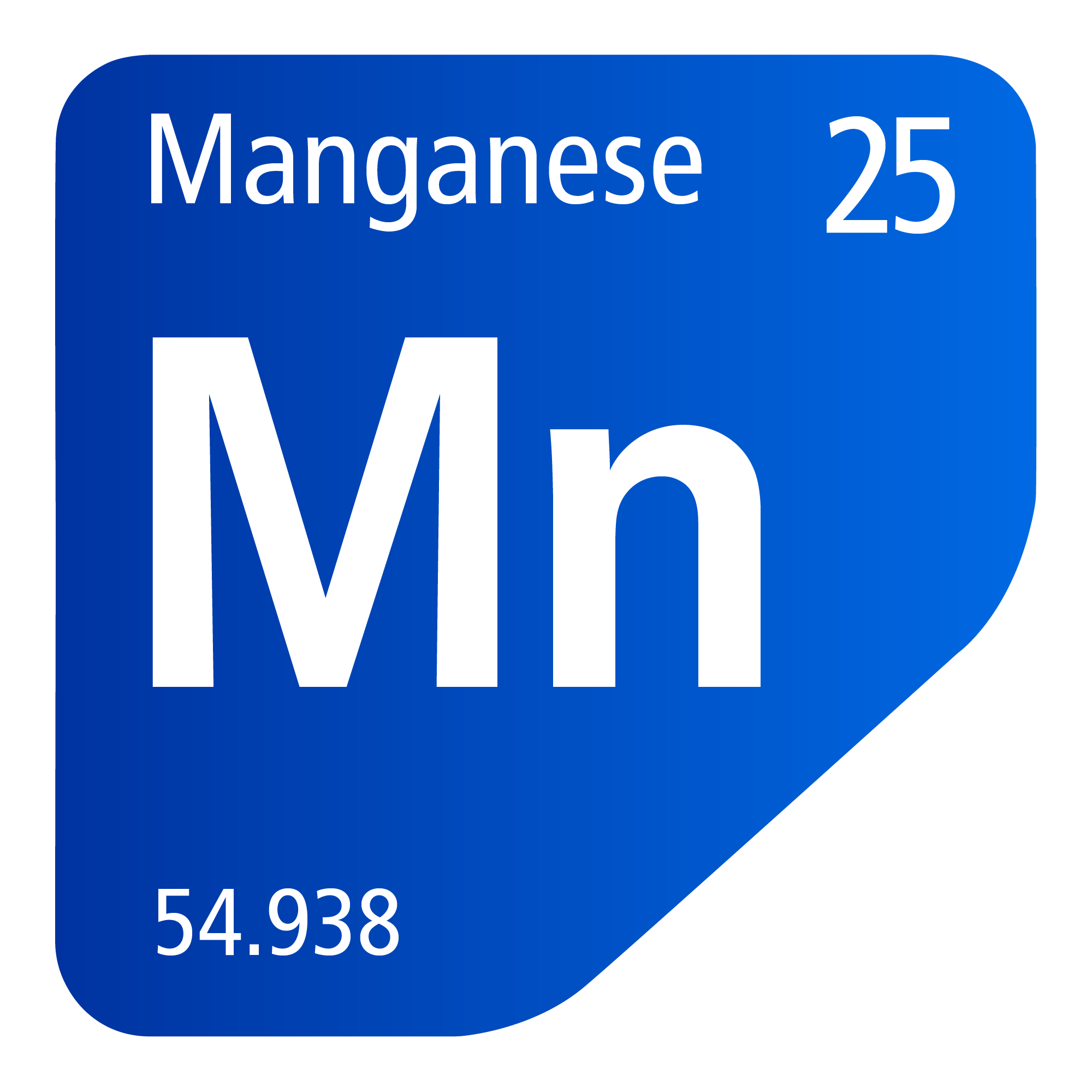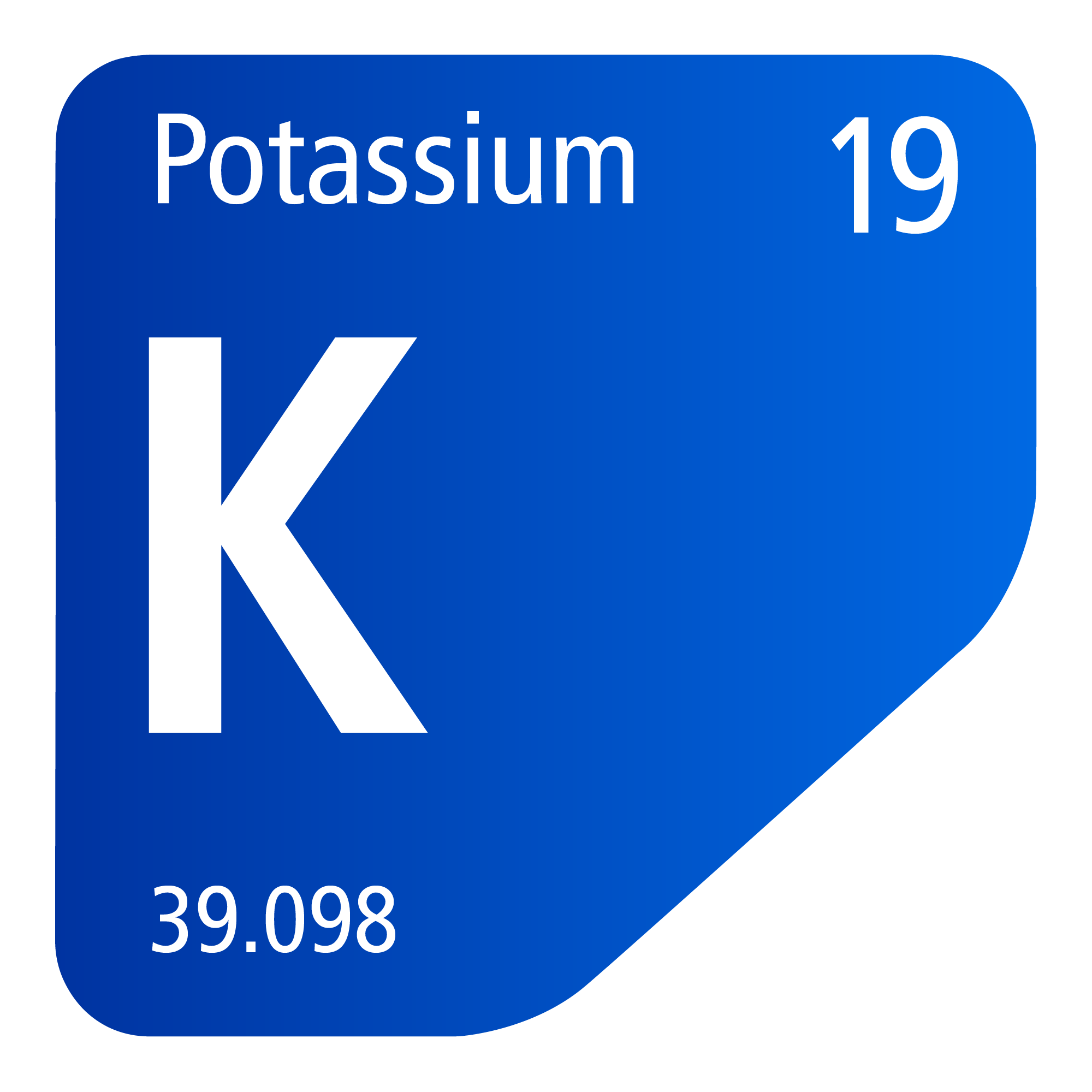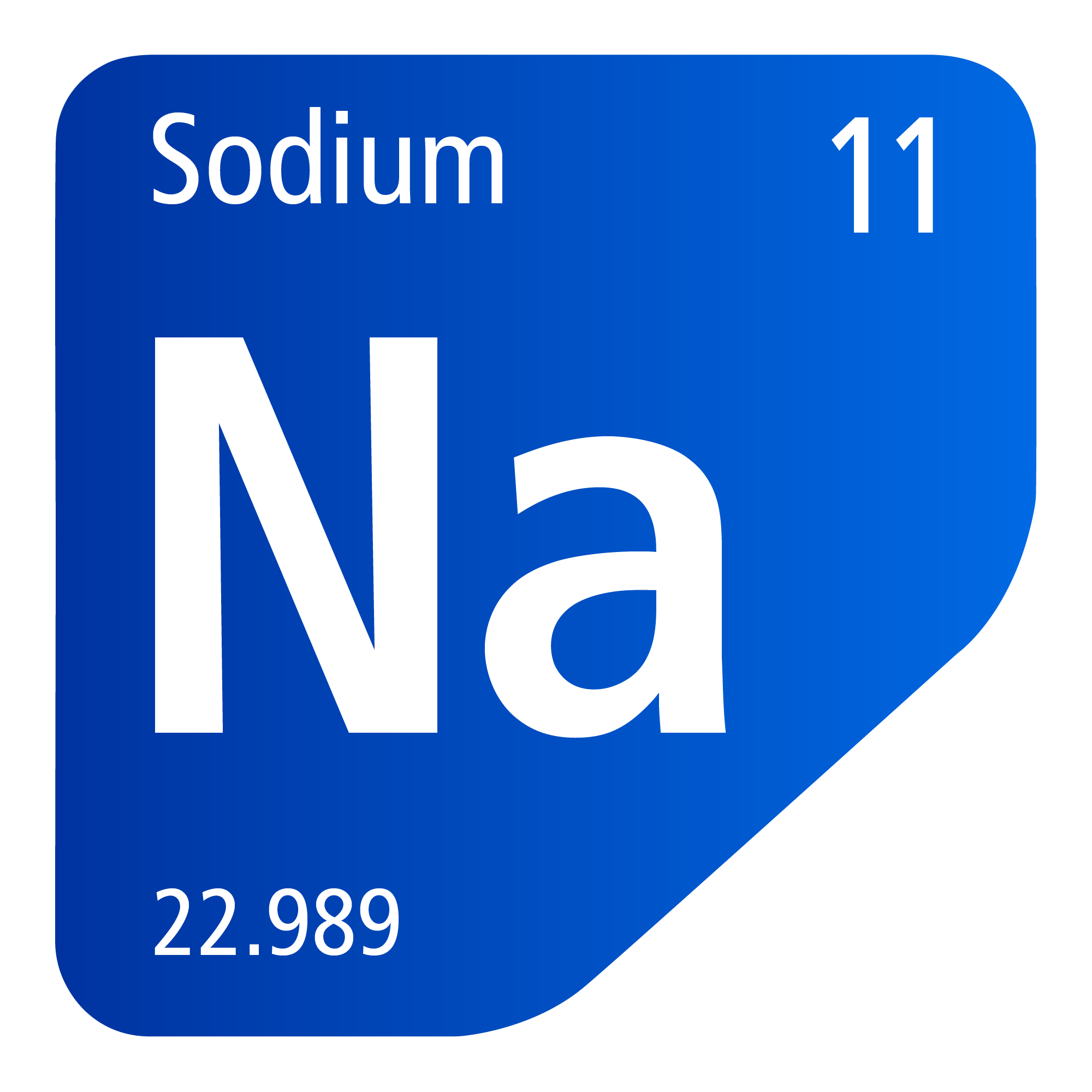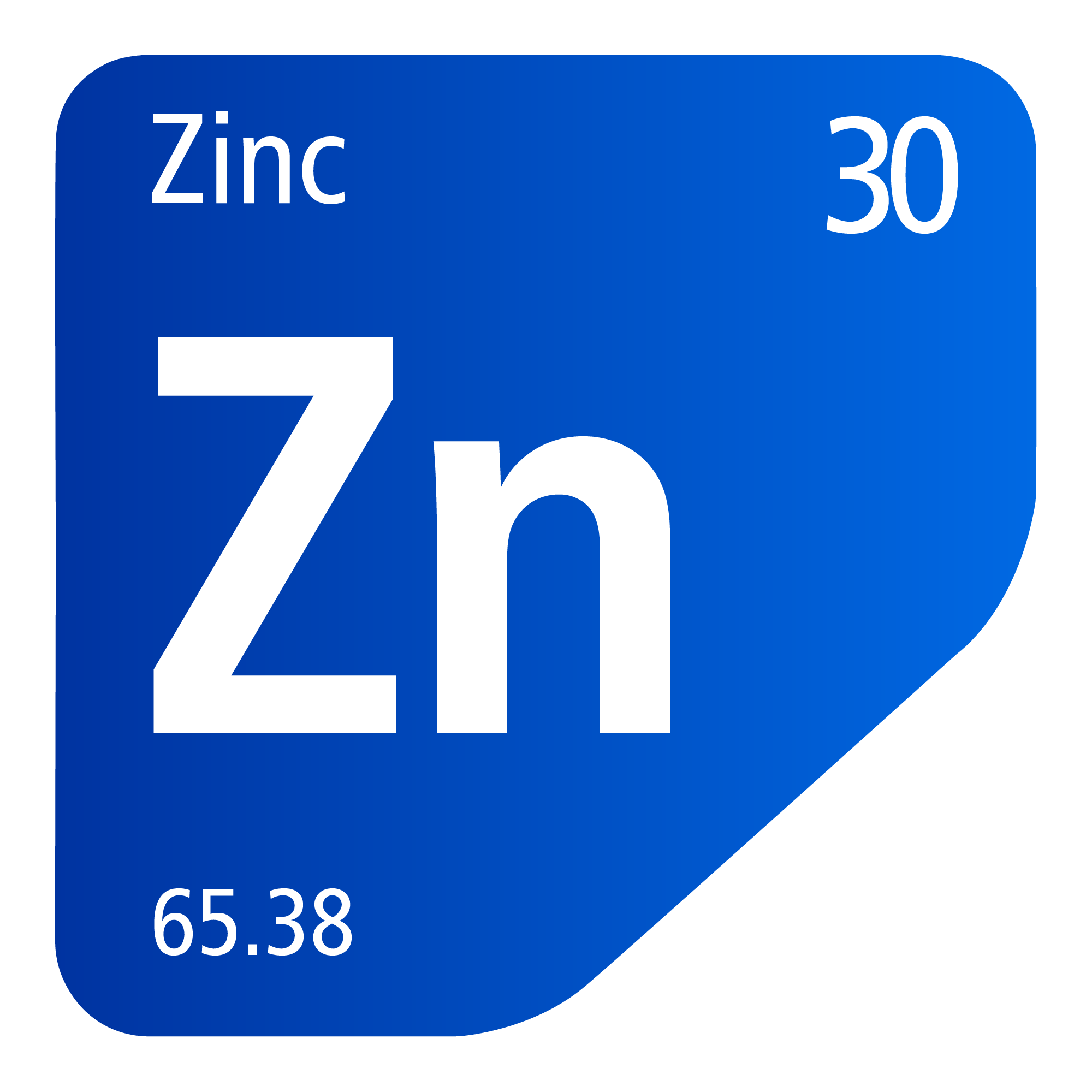Mineral Salts for Nutritional Supplements

We create and manufacture mineral salts (bulk and trace elements) for dietary supplements in a range of dosage forms, including tablets, capsules, and injections.
In the industrialized countries, nutritional supplements are becoming more and more significant. Nearly all social classes commonly use food supplements due to rising health consciousness, the need of leading a healthy, active lifestyle, and demographic change that affects all facets of society and involves significant changes.
How do food supplements work?
“Foodstuffs the purpose of which is to supplement the normal diet and which are concentrated sources of nutrients or other substances with a nutritional or physiological effect, alone or in combination, marketed in dose form,…” is how EU Directive No. 2002/46/EC defines food supplements.
Trends in the dietary supplement market
An improved understanding of good eating and the demands of one’s own body – and one’s family – is driving a growth in the consumption of food supplements, particularly in our modern information society. Market analysts in Europe and America, for instance, observe a rising tendency in children. According to studies, parents mostly give their kids supplements to help with bone growth, cognitive development, immune system stimulation, and eye health.
Adults are also using food supplements at an increasing rate. Iron, calcium, and magnesium are the most commonly used minerals. However, trace elements with substantial market demand include chromium, copper, manganese, and selenium.
Demographic change is another aspect, as the population is not only aging but aging in varied ways. In their latter years, older people want to lead healthy, active lifestyles and are more and more prepared to make the required dietary adjustments. The associated market trends show this as well. In particular, market experts have noticed an increase in the consumption of items for insulin modulation, immune system stimulation, bone health, and mental wellness.
Medical claims
The majority of food supplements are sold over the counter and are advertised as such. Advertising benefits for health and effectiveness, however, are subject to tight regulations. The scientific validity of such claims is assessed by the Iranian Food and Drug Organization.
Contaminants
On the basis of maximum values for the concentration of specific contaminants, such as heavy metals, which are updated in related Pharmacopeias, almost all of our Mineral Salts for use in food supplements satisfy the purity standards for the end product even as a raw material. As a result, we can supply particularly pure grades for the production of dietary supplements.
Approved Minerals
According to the Health Claims Regulation, the following minerals are approved for the following medical disorders.
| Healthy bones | Calcium, Magnesium, Manganese, Phosphate, Zinc, Fluoride |
| Blood formation, blood clotting, blood function | Iron, Calcium |
| Blood pressure | Potassium |
| Glucose metabolism | Chromium |
| Healthy skin | Copper, Iodine, Zinc |
| Healthy hair | Copper, Selenium, Zinc, Iodine |
| Immune system | Copper, Iron, Selenium, Zinc |
| Muscle function | Calcium, Magnesium, Potassium |
| Sexual health / male hormone balance | Zinc |
| Thyroid function | Iodine |
| Nervous system / mental & cognitive health | Manganese, Calcium, Magnesium, Iodine, Iron, Zinc, Selenium |
Dosage forms
There are a variety of dose forms available for nutritional supplements, depending on the consumer’s preferences and intended intake. In general, they are:
- Soft gelatin capsules (soft gels)
- Hard gelatin capsules
- Tablets
- Effervescent tablets
- Granules / powder sticks
- Syrup
- Drops
- Liquid sticks
- Vials / Injections
Product modifications and excipients
It is frequently necessary to modify a product’s characteristics in order to ensure that Minerals are handled and administered in the best way feasible. For example, we can modify the particle size, for example through granulation/DC granules, or enable microencapsulation, depending on the product or application. Additionally, a wide variety of excipients, including carriers, buffers, film-forming agents, lubricants, and anti-caking agents, are needed in the manufacturing of dietary supplements. On an individual and application-specific basis, we can also offer support in this area.






